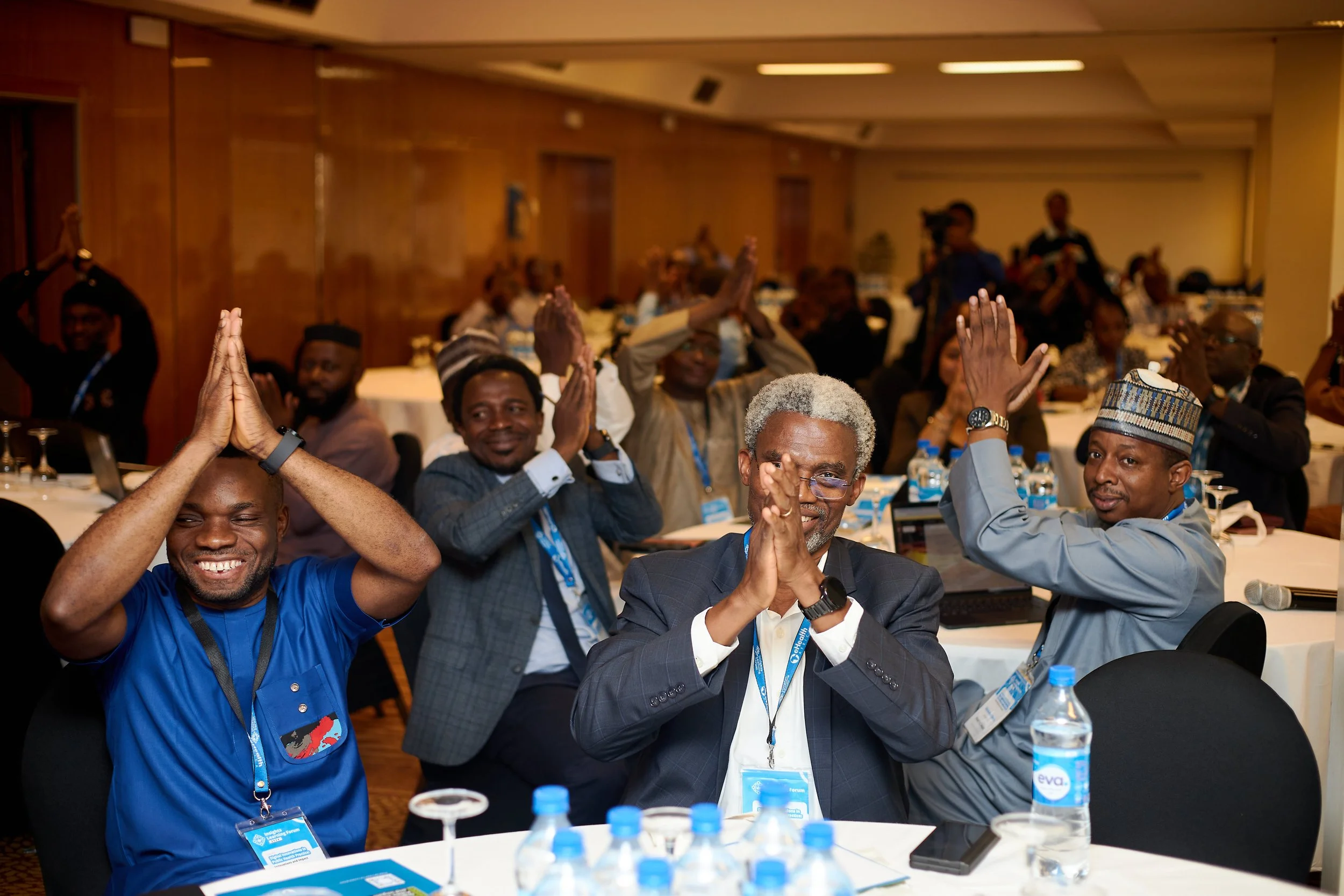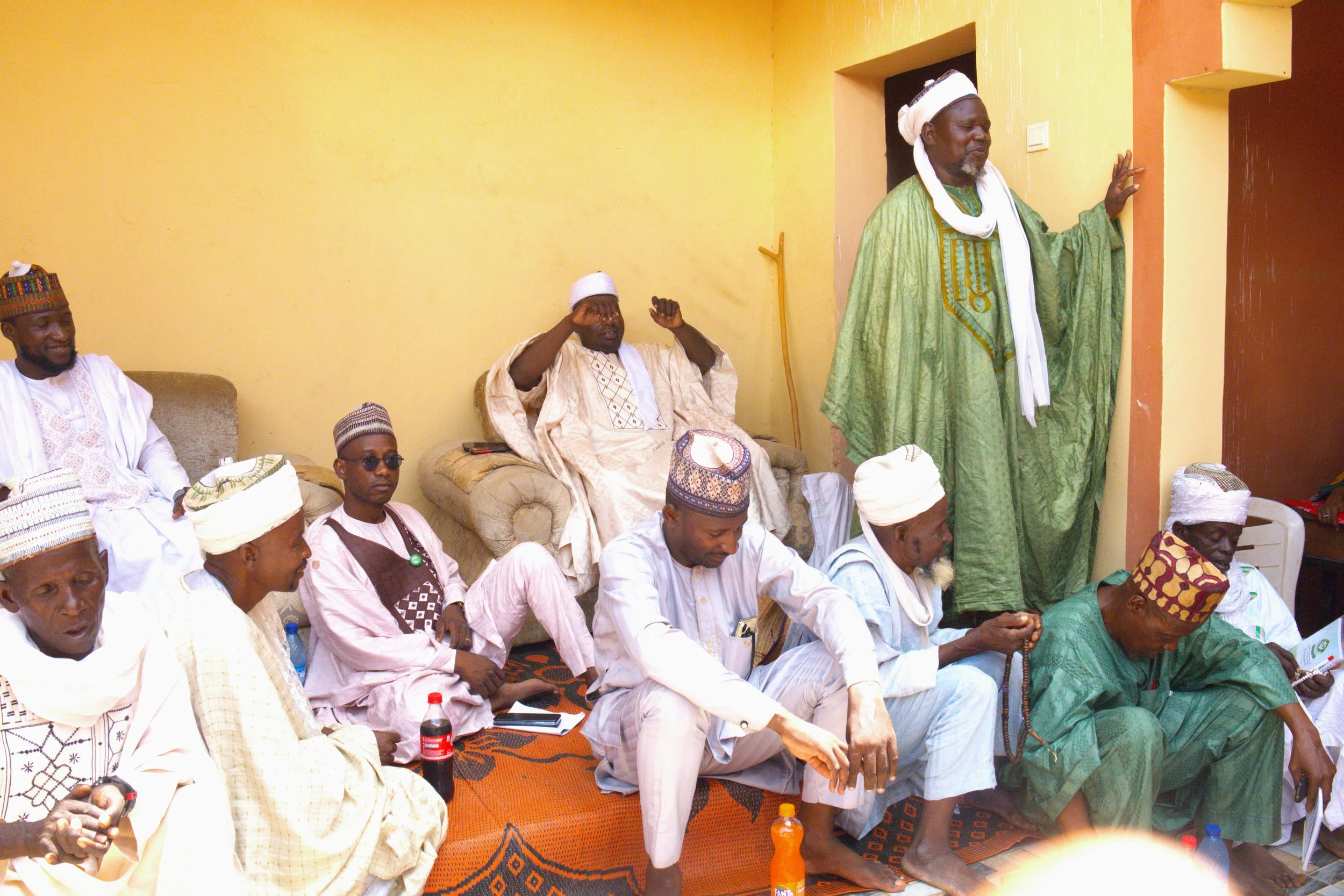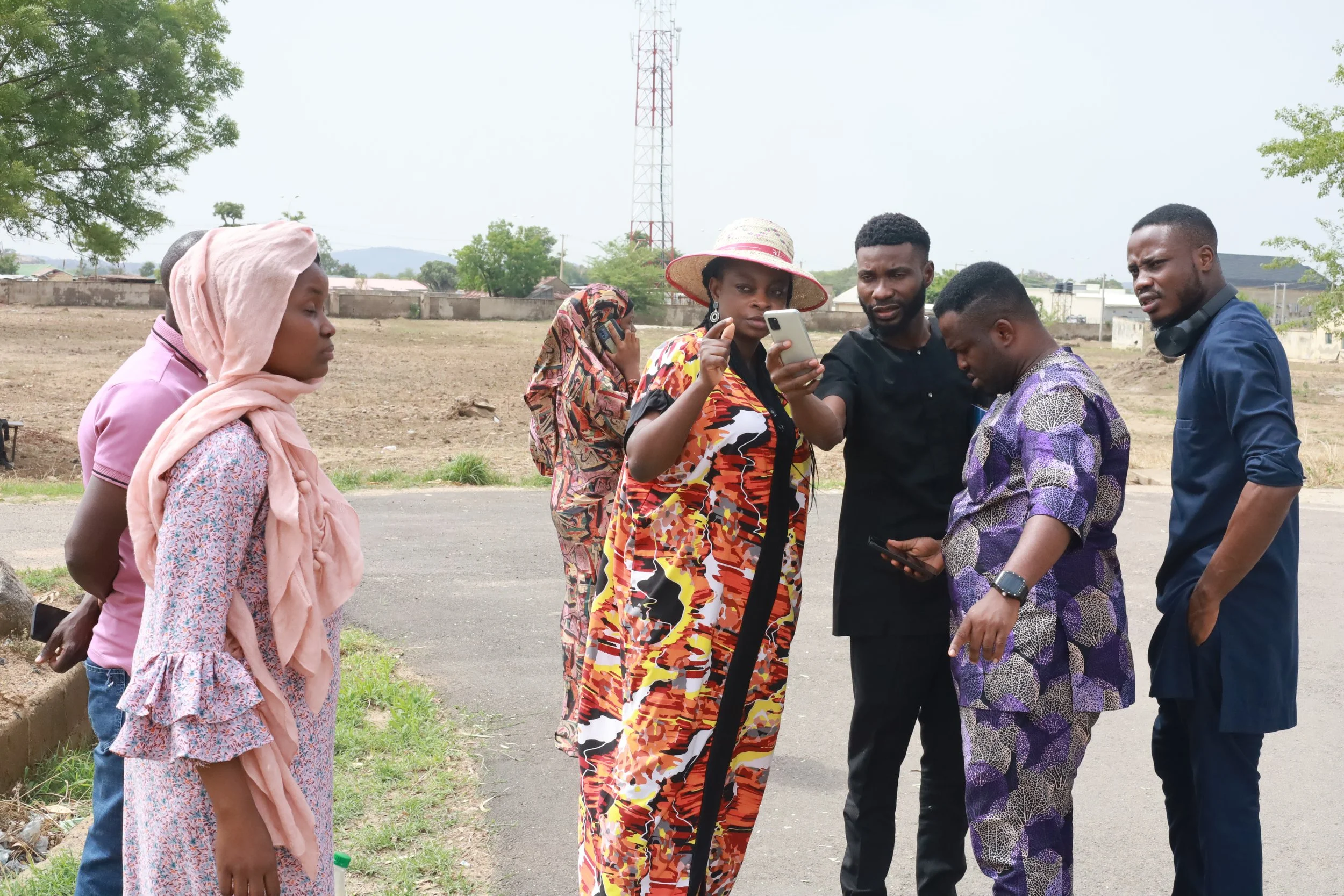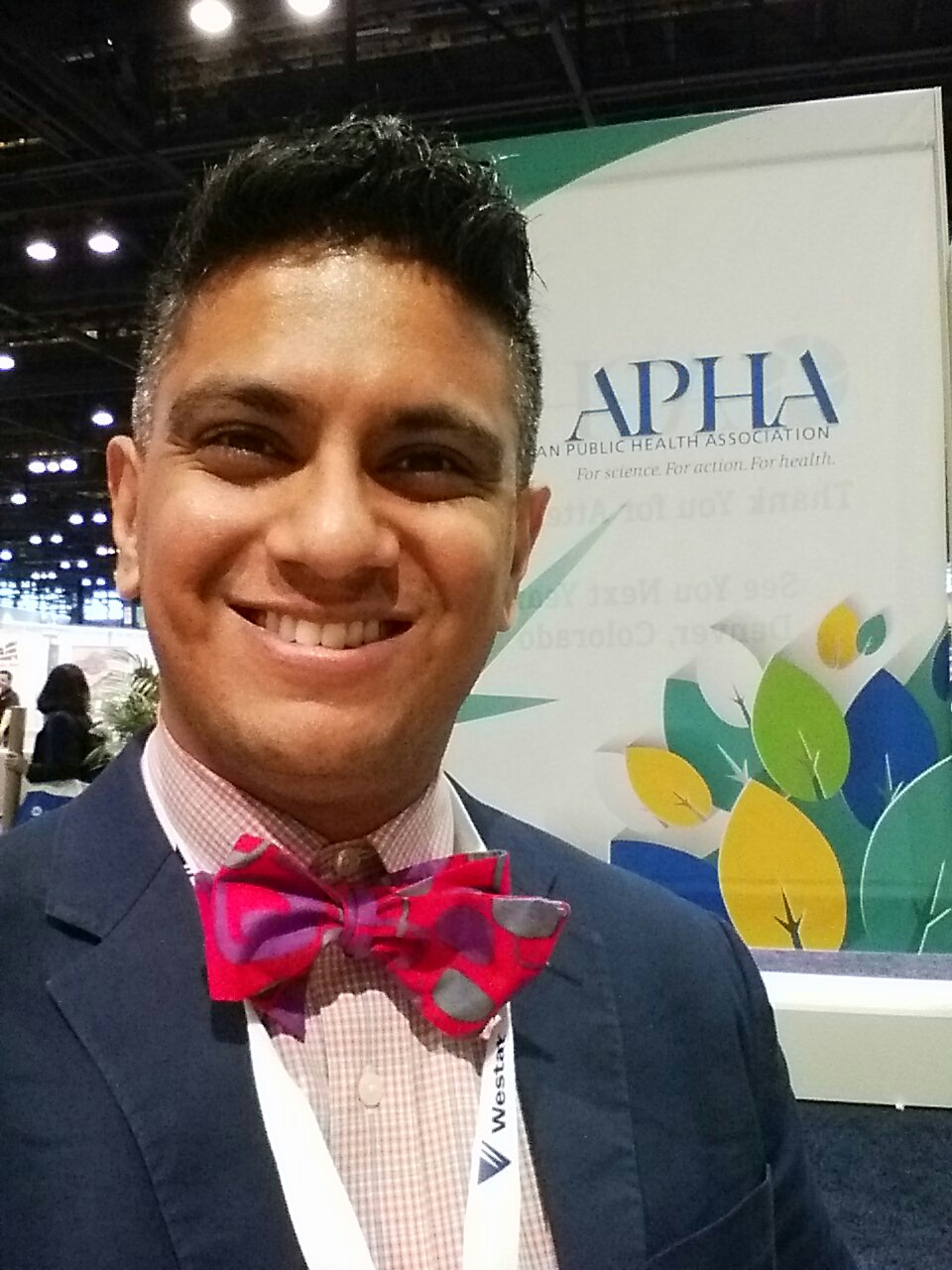By Nikhil D. Patil, Monitoring, Evaluation, & Research (MER) Department Manager at eHealth Africa
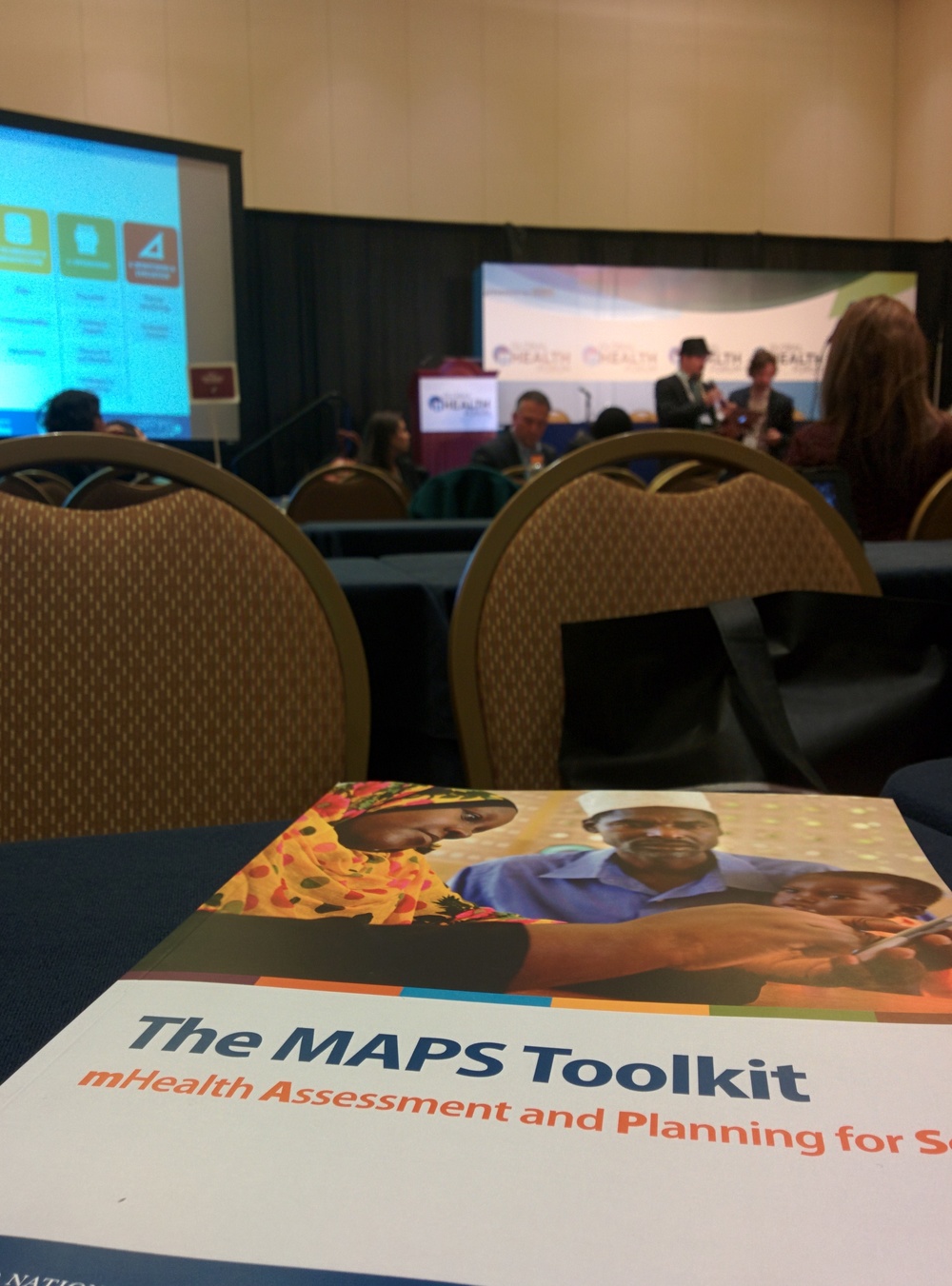
The Global mHealth Forum is a two-day event convening during the mHealth Summit, one of the biggest annual gatherings of mobile health professionals and entrepreneurs, globally. Presented in partnership with USAID and the mHealth Working Group, this year’s Global mHealth Forum took place in Washington, DC from November 9 - 11, 2015 and was attended by more than 4,000 delegates from around the world. The 2015 focus was on mobile and connected health in low and middle income countries.
One of the sessions that Taylor & I were most excited about was an interactive presentation on the newly released MAPS Toolkit: mHealth Assessment and Planning for Scale. The MAPS Toolkit was officially launched in September 2015, and the Global mHealth Forum was one of the first public meetings for stakeholders, partners, and beneficiaries to engage with the toolkit.
The MAPS Toolkit is a “comprehensive self-assessment and planning guide designed to improve the capacity of projects to pursue strategies that increase their potential for scaling-up and achieving long-term sustainability.” This tool is designed for use by project managers, specifically teams with an mHealth product that has already been deployed, and who are aiming to scale the product and increase impact. While global health experience formed the tool, its use can be expanded far beyond the health context and into related fields like economic equality and agricultural production. The toolkit was developed by a consortium of partners including the WHO Department of Reproductive Health and Research, the UN Foundation, and the Johns Hopkins University Global mHealth initiative.
Harnessing feedback from mHealth implementers and technical experts on their experiences with scaling mobile health interventions in the field, the MAPS Toolkit provides a framework for scale and sustainability using six major “axes”: groundwork, partnerships, financial health, technology & architecture, operations, and monitoring & evaluation. These six axes contain a set of structured questionnaires for both team members and teams as a whole with a resulting scorecard that will help projects gain a better understanding of where that project needs to go on its “journey” towards scale and sustainability. The toolkit also serves as a decision tool, helping implementers devise strategies to overcome barriers to scale. The activities contained within the toolkit are meant to be iterative and completed multiple times throughout the life-course of the project post-pilot.
According to the MAPS Toolkit, these are the six axes of scale, key determinants of successful scale-up and sustainability relevant to all mobile health projects:
-
Groundwork: The initial steps of specifying the key components of the project’s approach to scaling-up, assessing relevant contextual influences, and taking stock of the scientific basis for the product
-
Partnerships: Collaborations with external groups to support the process of scaling up, including strategies for identifying, developing and sustaining fruitful partnerships
-
Financial Health: The projection of scale-up costs, and the development of a financial plan for securing and managing funds over the long term
-
Technology & Architecture: Steps taken to optimize the mHealth product for scaling up based on its anticipated user base, purpose, integration with information systems and compatibility with other components of the information systems architecture
-
Operations: Organizational and programmatic measures for supporting the implementation, use and maintenance of the product throughout the scaling-up process
-
Monitoring & Evaluation: Decisions and activities that enable effective process monitoring and in-depth outcome evaluation, based on project and stakeholder needs
The presentation was extremely insightful for both Taylor & I, and the six interactive sessions following the introduction prompted us to discuss areas where we felt “weak” and “strong” with regards to projects within eHealth Africa’s product portfolio. Based on our experience with designing, implementing, and scaling mHealth products in low-resource settings, we felt the toolkit had a two main limitations.
First, the toolkit specifically states that it was designed for products that have already been deployed in the field, presumably an mHealth intervention that experienced proven “impact” in the pilot phase and is now looking to deliver value at scale. However, we feel that scale really should be considered prior to product development as there are key design factors related to the way that mHealth products are built that determine how and where the product can scale and be sustained. Building a product for 1,000 users is different from building a product for 10,000 users, which is different from building a product for 100,000 users. Invoking the recently developed Principles for Digital Development, a complementary tool that could be used prior to deployment would also be beneficial to mHealth organizations to ensure we’re ideating new products with scale in mind from inception. Fortunately, the toolkit’s axes are broad enough categories that they can provide a loose framework useful for program planners for this purpose. We were excited to chat with Dimagi at the mHealth Summit about their newly released Maturity Model which somewhat addresses this issue.
Second, assessment tools such as the MAPS Toolkit can require considerable resources and time on behalf of the implementing organization - including conducting the assessments and developing action plans to implement changes based on those results. In order to integrate the results of the MAPS Toolkit into scale and sustainability planning for mHealth products, donors and other stakeholders will need to see the value in such a tool and contribute funding for routine assessment & mid-course corrections throughout the journey to scale. Advocates for the toolkit should work with donors and encourage them to invest in the tool (financially) when working with implementers that are ready to scale their mHealth products.
Given the scope of the MAPS toolkit, there is definitely great potential to use it internally at eHA to better understand where our various mHealth products are and how we can help them scale across West Africa. We are excited to test out this tool and identify areas where eHA can improve our internal sustainability models to ensure impact at scale for our portfolio of mHealth products.
Nikhil D. Patil is the Monitoring, Evaluation, & Research (MER) Department Manager for eHealth Africa and is based in Kano, Nigeria. You can follow him on Twitter & Instagram (@npatil55). Taylor M. Snyder is a MER Consultant with eHA based in Salt Lake City, Utah. You can follow her on Twitter (@TaylorMarie_MPH).

